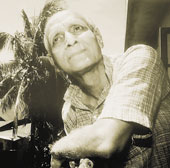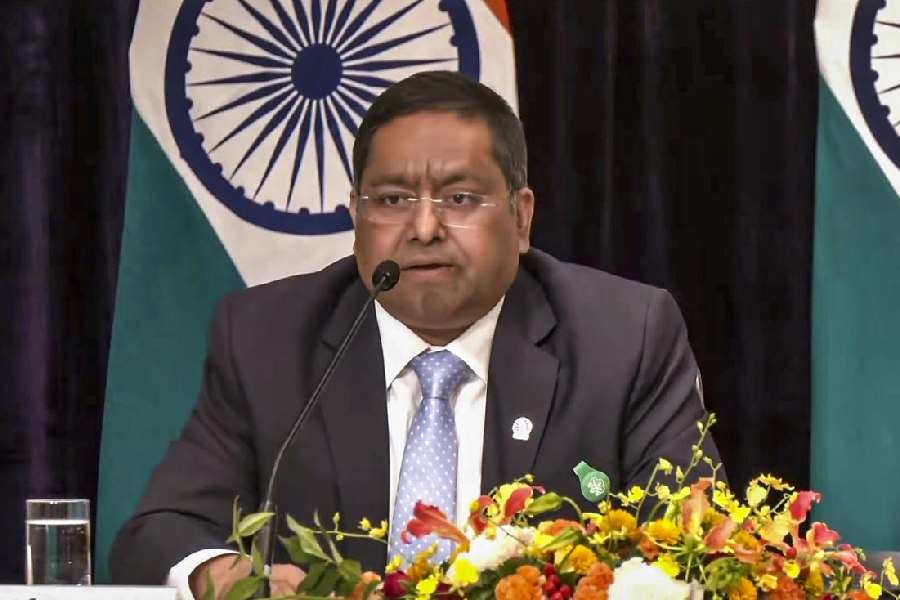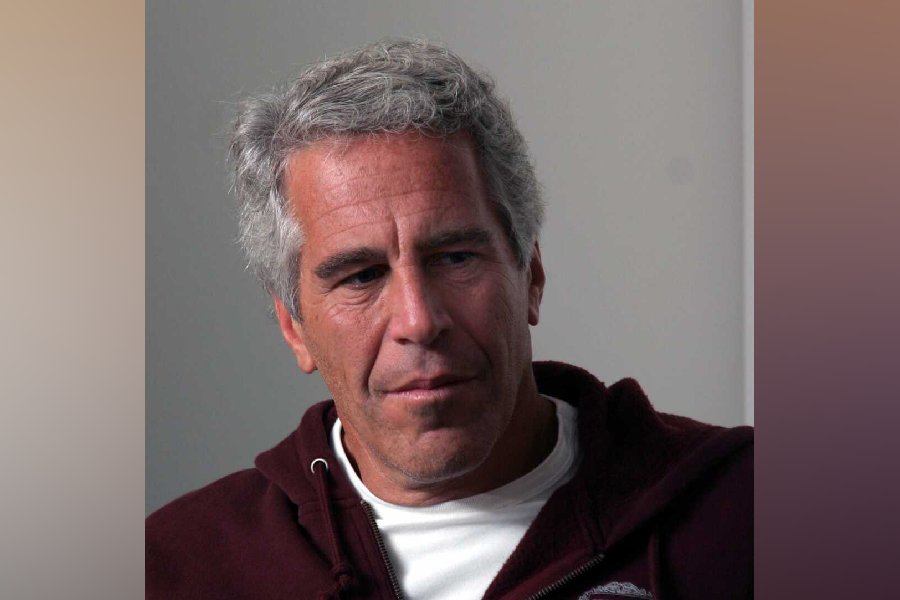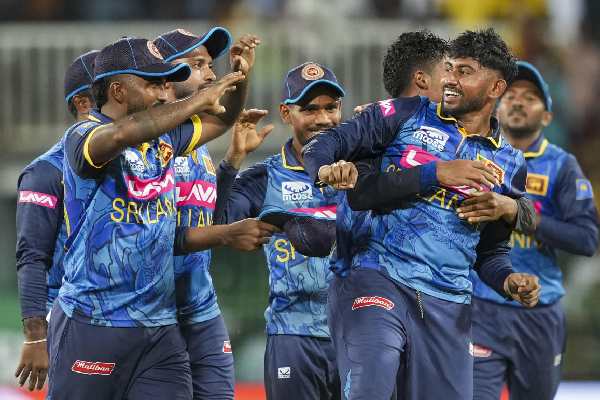 |
| Fluent in five languages and comfortable with every genre of art, Kulada Kumar Bhattacharjee is a name to reckon with in radio, television, jatra and theatre. Picture by S.H. Patgiri |
Kulada Kumar Bhattacharjee
Age and health problems take a backstage before his indomitable love for life and enthusiasm towards his work, which has made him synonymous with radio, television, film and theatre. At 71, despite some serious health problems, Kulada Kumar Bhattacharjee is always beaming with new ideas for his forthcoming ventures.
“At present, I am occupied with work, work and only work and there is no time for rest,” smiles Bhattacharjee. To that he adds, “Firstly, I am busy with my new television serial and for that research is on in full force. Then I am also contemplating a film and theatre project.”
Talking about his television serial he says, “It is at a pre-production stage and it is still a baby. So, let me not disclose much about it. But this serial will stir the audience to think twice. I have engaged Monikuntala Bhattacharjee, a very talented and a bold author of modern Assamese literature,” he says.
“Actually, the reason behind my hesitation to reveal details about my forthcoming projects is only because it kills all the curiosity that generally builds up around a new project. So let the audience decide after they see it,” he says.
Born in 1933 in Guwahati, Bhattacharjee is the son of renowned advocate Kaliprasan Bhattacharjee. “Being the youngest sibling, I was the most spoilt one,” he grins.
“I began my career with poetry recitation. I still remember the day when as a small boy of a primary school I recited a poem before a large gathering,” he recalls. Those lines were enough to establish the voice that still stirs radio listeners. “Thereafter I enacted the role of Amal, the famous character from Dhakghar by Rabindranath Tagore in the year 1945 at Sudmerson Hall of Cotton College,” he says. “For many years I was popularly called Amal and not Kulada,” he added.
Even as a six-year-old, Bhattacharjee used to assist the jatra organisers who visited the city in the premises of Harisabha in Panbazar. “Maybe that was the time when the acting bug infected me and I was totally under its intoxicating grip,” he recalls.
“As studies were a must in our house, after completing my graduation in modern history from Cotton College in 1954, I enrolled for the post-graduation course,” he says. “But by that time I was fully engrossed with English, Assamese and Bengali theatre, so I never sat for my Masters degree exams,” he says. Under the aegis of Cotton College Literary Society, Bhattacharjee, along with his peers, staged Merchant of Venice and Hamlet in 1955 and sowed the seeds of English theatre in Assam. He was also a part and parcel of Indian Progressive Theatre Association (IPTA) movement under Hemanta Biswas.
He continued with his work for the radio. Till 1958 he worked as an English and Assamese announcer for All India Radio, Guwahati.
“In 1958 I joined the Leeds Business School in London. But immediately I realised that business is not my cup of tea and only after one month of my stint I surrendered. But my father, being aware of my love for acting and dramatics, suggested that I stay there and try my hand at theatre.”
He got admitted to New Era Academy of Drama and Music in London for a two-year course. He also did a three-month training course from British Drama League. “To earn some extra money I worked in a bookshop as a salesman. I got access to rare books, magazines and newspapers from across the globe,” he smiles. “My stay in West End gave me an opportunity to visit theatre halls, museums and bookstalls gave me a practical experience in art as a whole. I got acquainted with development of art form from renaissance to the modern period,” he reflects.
He gathered more experience by working for BBC Asia (Bengali section). “While working for BBC I became friendly with Peter Fisher who worked for the same channel in the German section. Peter proved not only a genius in his work but also a very good friend,” he says.
“Through Peter I went to Hamburg and worked there as a radio announcer.” Bhattacharjee quickly learned local languages. Because of his mesmerising voice and hold over many foreign languages, Benuda became famous as Ben in London and Hamburg. “As far as fluency is concerned at present I am comfortable with English, Assamese, Bengali, German and obviously Hindi,” he says.
“By 1961 I came back to India and first landed in Bombay. Then I went to Calcutta and Guwahati,” he says. “If I look back today, I find I have always been partially employed. But thankfully, no one in my family taunted me for financial status and wherever I went I had a roof and a plateful of rice,” he says.
Along with Arun Sarma and Bhabendranath Saikia, Bhattacharjee revolutionised Assamese theatre. He worked for All India Radio till October 1964. “All the theatre zealots in Assam started the Jatiya Natya Sala Andolan, making theatre popular not only in Guwahati but in the remotest corner of the state,” he says.
Playing the role of the fisherman in Bhupen Hazarika’s film Sakuntala enhanced his popularity. He dubbed the voice of the protagonist in the Assamese and Bengali version of Taqdir, a Rajshri Films Production in 1967. He has also written columns for papers and magazines like Shomo Kal and Aamar Protidin.
In Calcutta he got acquainted with classical dancer Debjani Chaliha and formed a company called Debjani Chaliha and Associates. In 1972 he made two documentary films — Delightful Nature and Pride of Nature. Both films won rave reviews for cinematic excellence and narration.
The company worked in many Doordarshan projects. Advertising was the other field that was touched by his artistic vision. Campaign for United Bank of India was the most popular of his productions.
He coined the punchline Sasi Kai Morannai, Podulir Ubi and made UBI a household name in rural Assam.
Till 1980, he made great name and money in documentary films and advertising campaigns.
But from then onwards, his health started deteriorating and he was forced to slow down the pace of his work. “Mobile theatre has always attracted me as it can reach the most common of all audience, even in a small village. So from 1983 to 1985 I remained with Kohinoor Theatre and directed three productions,” he says.
Television audiences fondly remember him for teleserials like Teejal Ghora and Trikal. Both depicted Assamese society and the viewers could relate to it.










